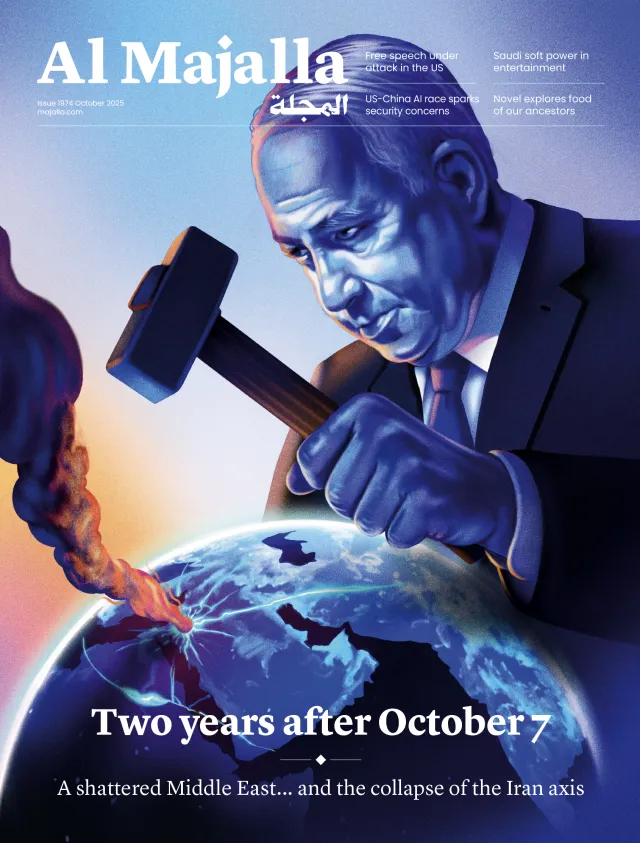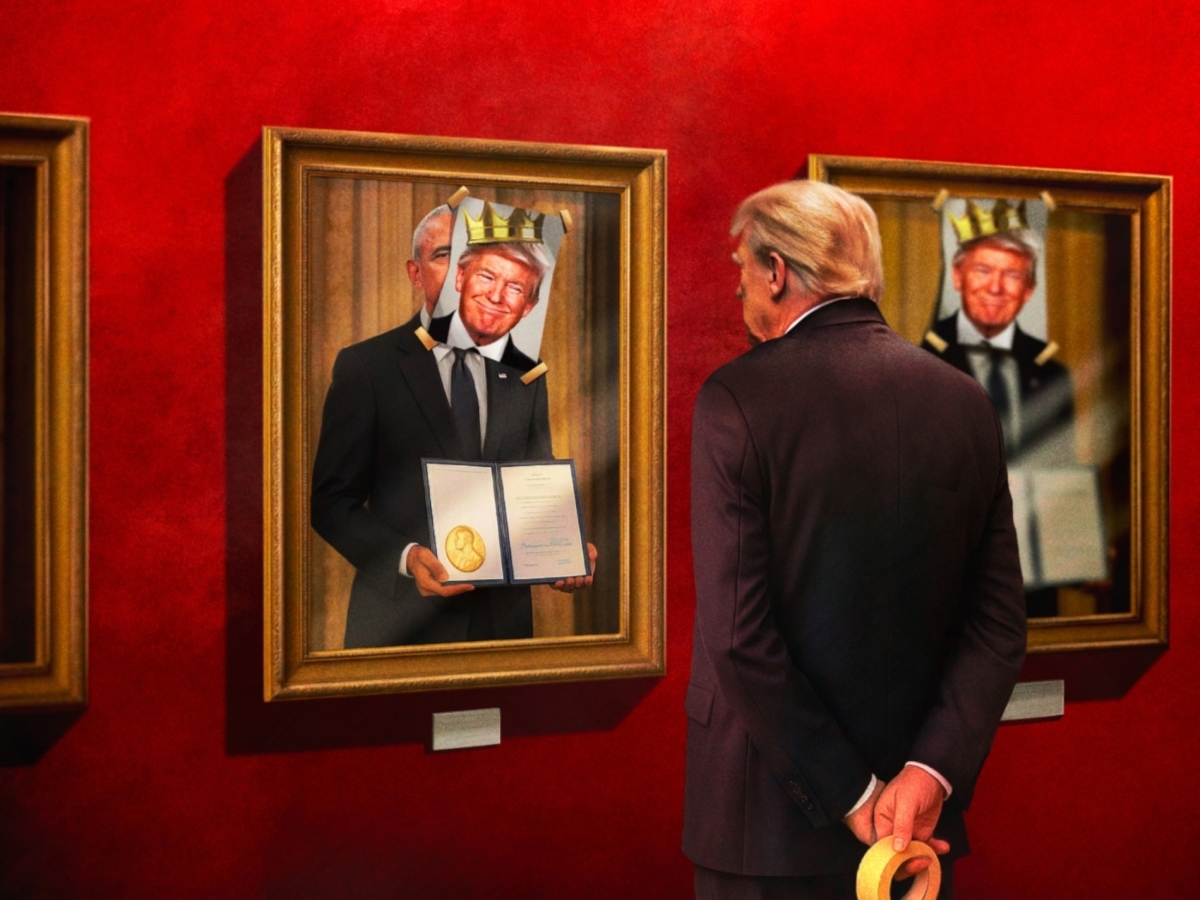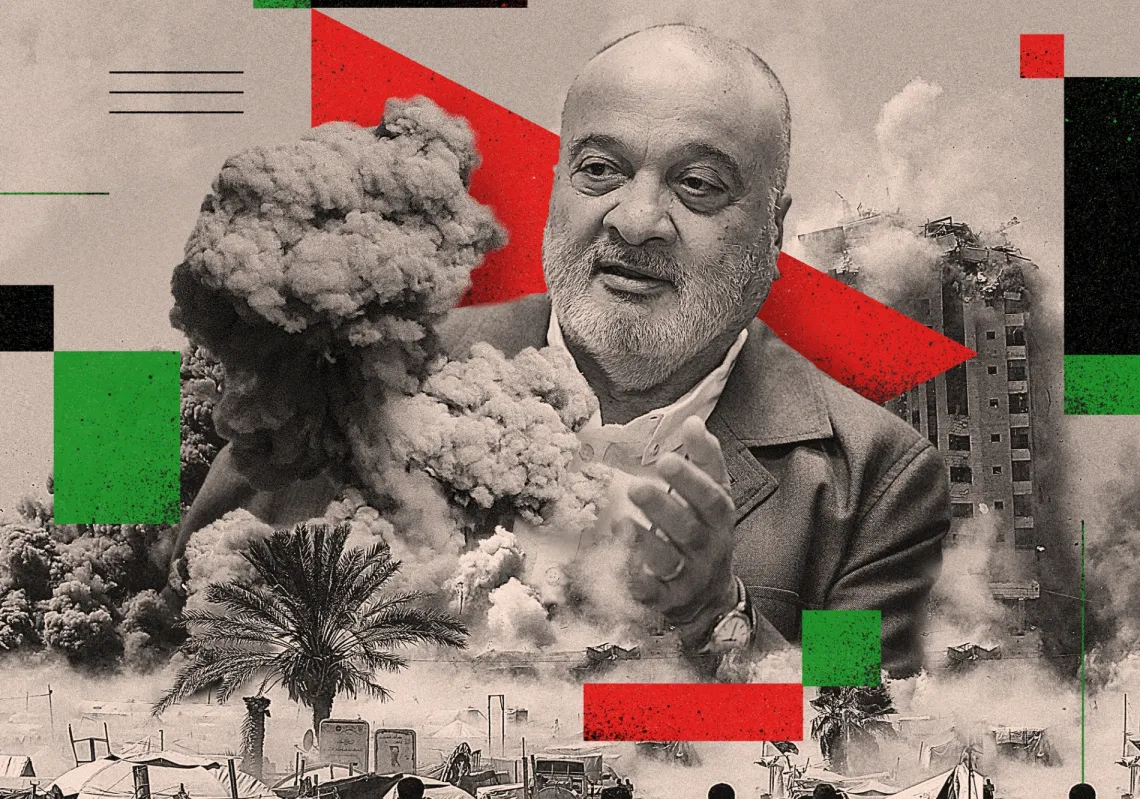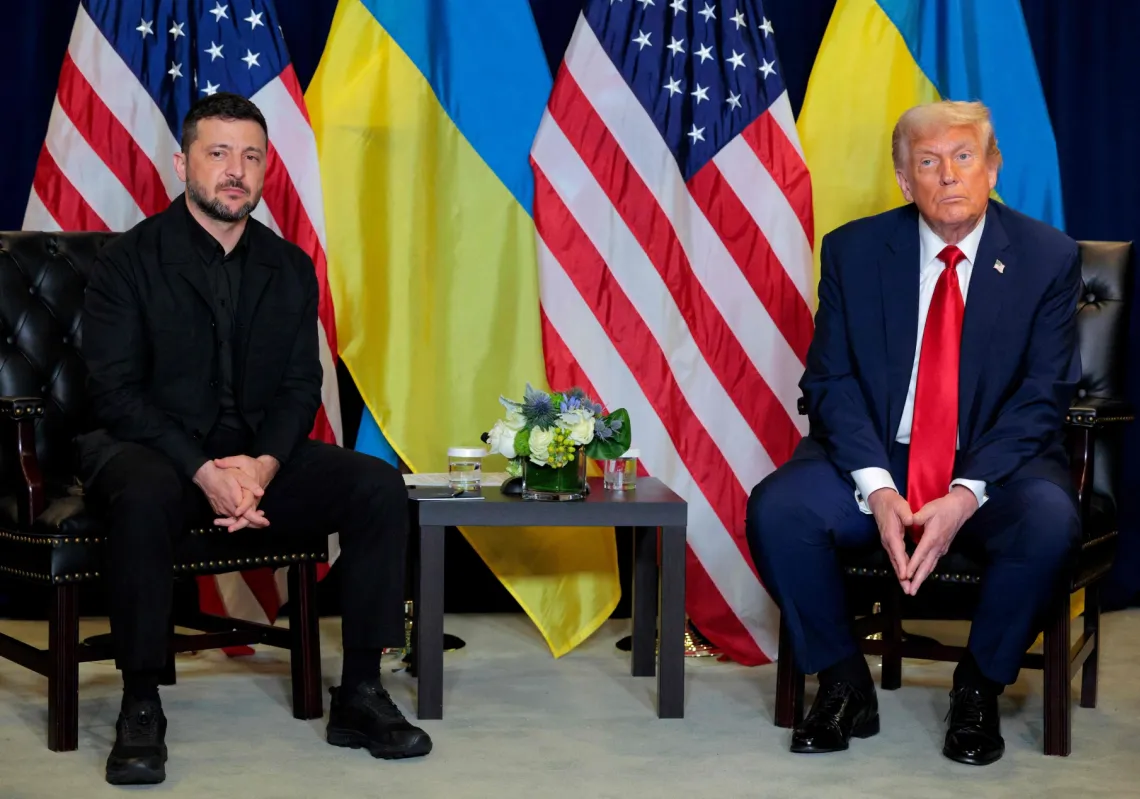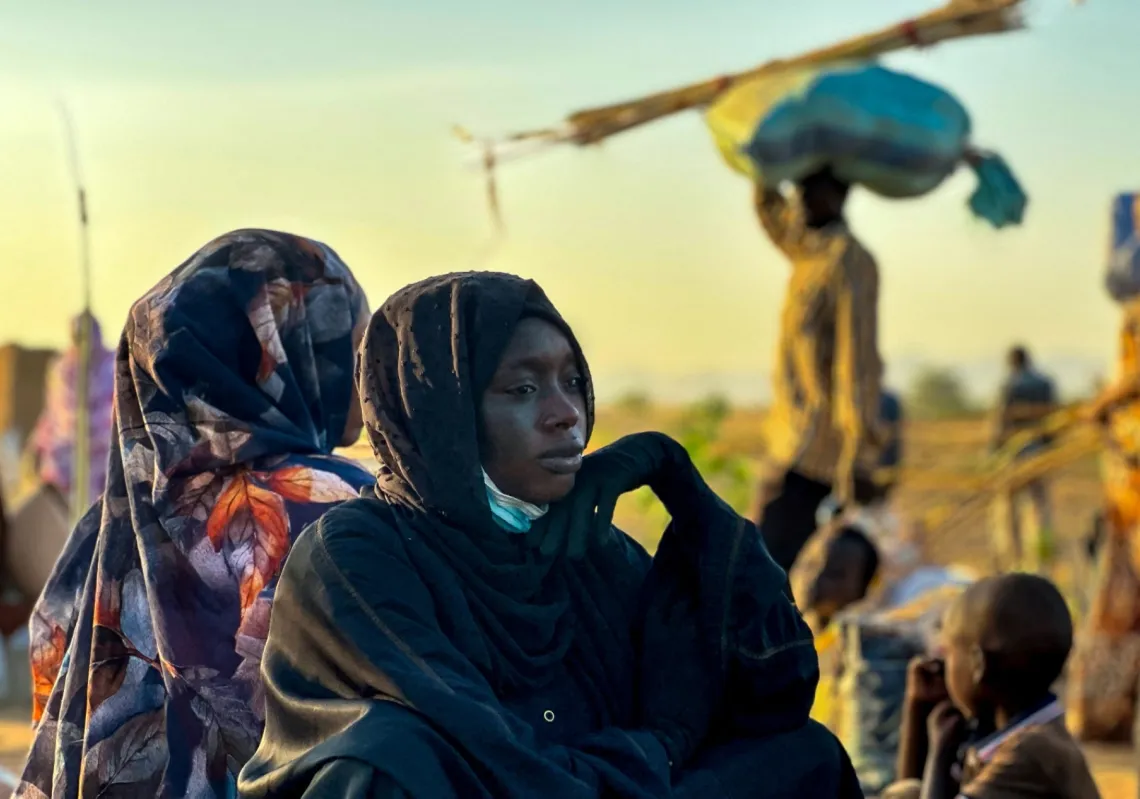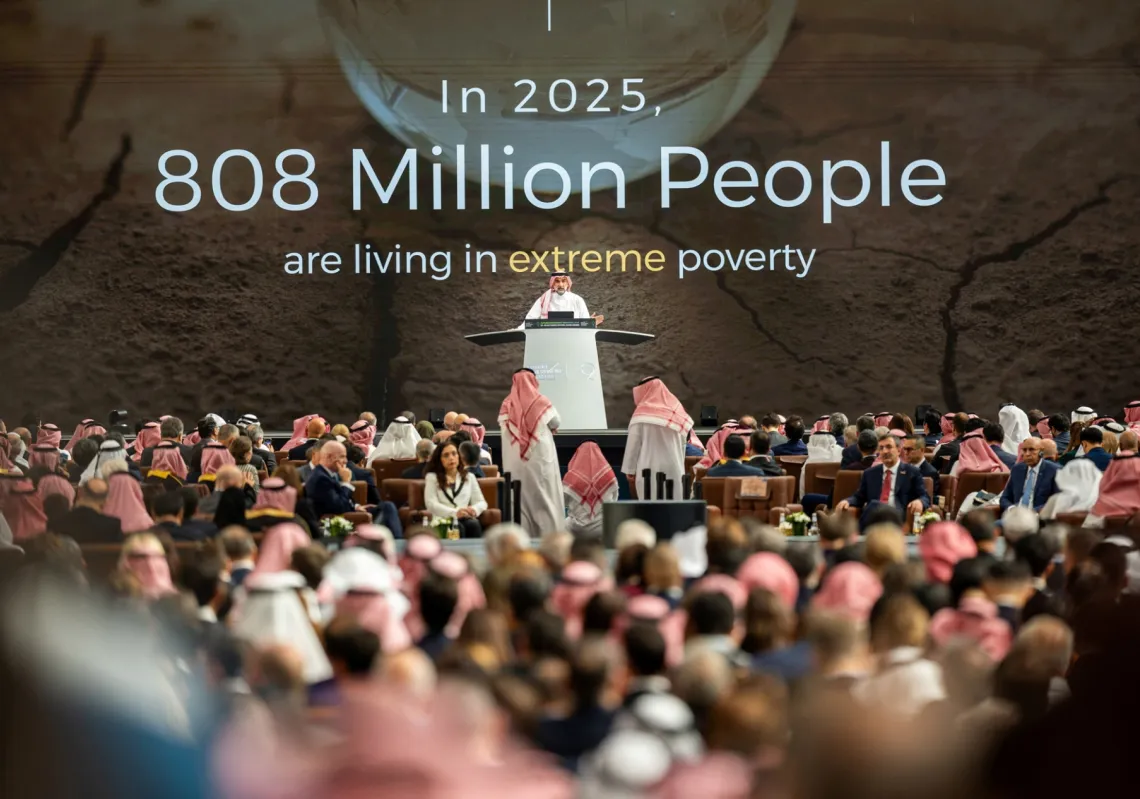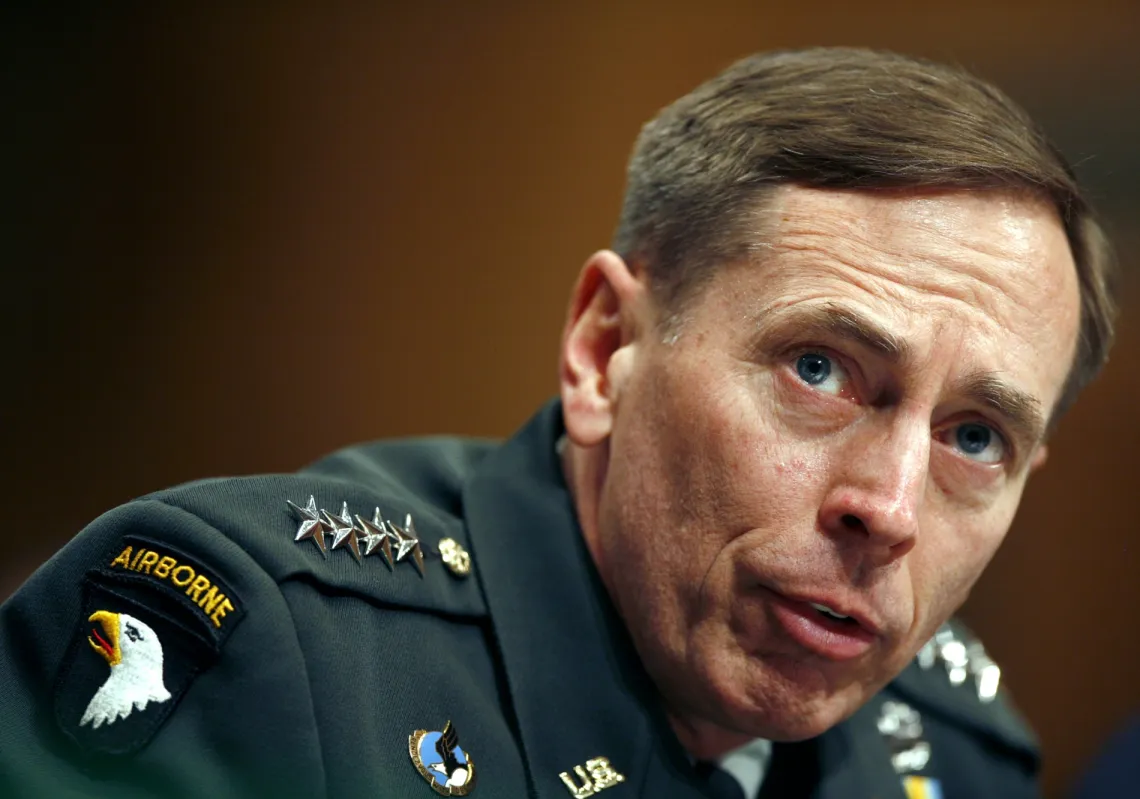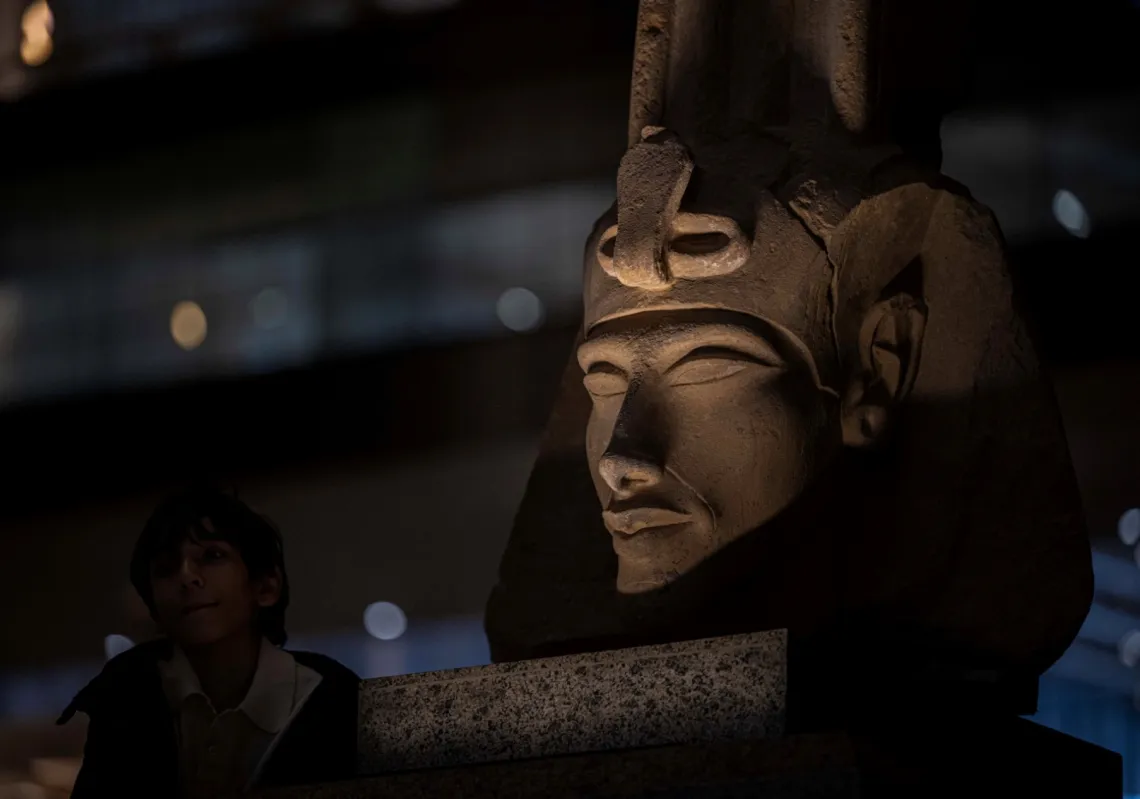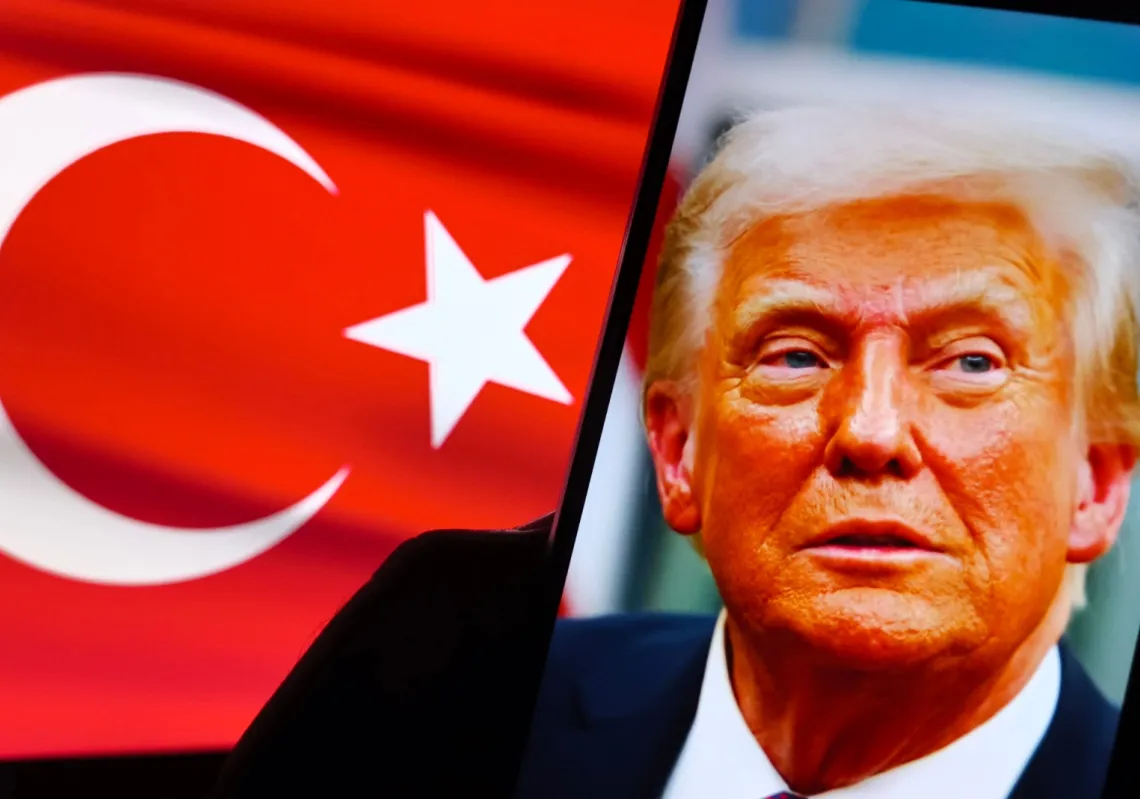Speaking recently to senior US military leaders about his achievements in ending wars, US President Donald Trump expressed frustration that he would likely be overlooked for the Nobel Peace Prize. “Will they give you a Nobel Prize?” he asked, rhetorically. “Absolutely not. They’ll give it to someone who’s done absolutely nothing useful.” He may have also thought that his role in this week's apparent breakthrough over the war in Gaza strengthened his candidacy for the coveted prize.
But on 10 October, his suspicions were confirmed when the Norwegian Nobel Committee announced on Friday that Venezuelan opposition leader Maria Corina Machado has been awarded the coveted prize.
Trump’s desire for a Nobel Peace Prize is longstanding and well-known. Last month, at the United Nations’ General Assembly, he said, “Everyone says I should get the Nobel Peace Prize. I ended seven wars. No president or prime minister has ever done anything close to that.” Trump is now dialling up the pressure, saying the Nobel snub is “a great insult to our country”. He is no longer framing it as a personal aspiration, but as a matter of national importance and a reflection on the United States.
From nudges to growls
The president’s references to the prize he covets have grown from subtle and nuanced to overt and angry. In February 2019, at a White House press conference to discuss a border wall with Mexico to limit migration, Trump claimed that then-Japanese Prime Minister Shinzo Abe had shown him “the most beautiful copy of a five-page letter he sent to the people who give out a thing called the Nobel Prize”. During that speech, Trump referenced former US President Barack Obama’s Nobel Peace Prize in 2009, adding that Obama “didn’t even know why they gave it to him”.
The Japanese nomination has been shrouded in mystery, and Abe refused to comment, citing the committee’s rules of confidentiality. A Japanese newspaper reported that Abe had indeed nominated Trump—at Trump’s request. In 2019, Abe wanted the US to help denuclearise the Korean Peninsula, a matter of critical concern for Japan. Lifting US sanctions was thought to be the key to doing so.
In September 2019, Trump publicly reiterated his interest in the Nobel Peace Prize during a press conference with then Pakistani Prime Minister Imran Khan in New York, held on the sidelines of the UN General Assembly. When a Pakistani journalist asked whether he deserved the Nobel if he resolved the dispute between India and Pakistan over Kashmir, Trump said: “I think I’ll get a Nobel Prize for a lot of things, if they gave it out fairly, which they don’t.”
Q: Gaetz said if you brokered nuclear inspections in Israel and Iran, you could win a Nobel Peace Prize or a Trump Peace Prize. Thoughts?
Trump: I should get the Nobel for Rwanda, Congo, Serbia-Kosovo, India-Pakistan, and the Abraham Accords. But they won’t—only liberals get. 7/ pic.twitter.com/QxCCF349PD
— Tymofiy Mylovanov (@Mylovanov) June 21, 2025
Officials in Trump's first administration argued on his behalf. In August 2020, then National Security Advisor Robert O'Brien said: "I don't know who else could be more deserving." This came after Trump's team helped broker the Abraham Accords, which normalised relations between Israel, Bahrain, and the United Arab Emirates, signed in September 2020.
Noting Trump's "extraordinary track record of peace-making," O'Brien said his boss had "put forward a vision for Middle East peace aimed at reviving the Israeli-Palestinian peace process and brought peace to Afghanistan" through a deal to withdraw US troops.
In September 2020, Norwegian far-right MP Christian Tybring-Gjedde nominated Trump for the 2021 prize, saying he "had done more than most other nominees to create peace between nations," citing the Abraham Accords that normalised relations with Israel. Tybring-Gjedde, a vocal advocate for Israel, also nominated Trump in 2018 after the US president met North Korean leader Kim Jong-un.
Then-US Secretary of State Mike Pompeo followed up with a comment on social media in January 2021, days before Trump left office, calling for the president to be awarded the prestigious prize. At the time, Trump was facing a House impeachment inquiry over allegations that he incited supporters to storm the US Capitol on 6 January 2021 in a bid to overturn Joe Biden's presidential election victory.

